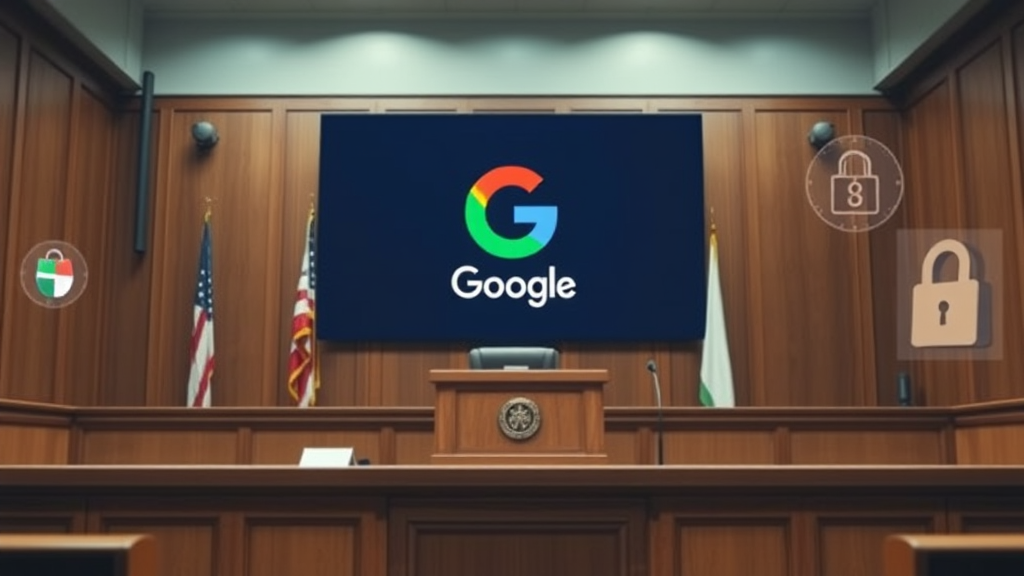Google LLC is set to face trial in August over a privacy-related class action lawsuit after failing to persuade a judge to dismiss the lawsuit on the grounds that it adequately discloses how its Web & App Activity settings worked and that users consented to being tracked.
The lawsuit was filed in 2020 and accused Google of illegally invading the privacy of millions of its users by tracking their internet activity while using browsers that are set in what is referred to in Google Chrome as “incognito mode.” The gathering of the data was alleged to violate federal wiretapping and California privacy laws, with the plaintiffs seeking damages of $5,000 per user, or three times the actual damages, whichever is greater.
The class action lawsuit was close to being settled in December 2023, with Google saying at the time that it had reached a preliminary settlement. The parties were also supposed to have agreed on the deal through a “binding term sheet.” But fast forward a year, and whatever, if anything, was agreed on is now a moot point.
In August, the 9th U.S. Circuit Court of Appeals in San Francisco ruled that Google must face a revived lawsuit, finding that a lower court that had dismissed the proposed class action should have assessed whether reasonable Chrome users consented to let Google collect their data when they browsed online.
This month the lawsuit once again was contested in court as Google sought to have it dismissed without success. Reuters reported that Chief Judge Richard Seeborg of the federal court in San Francisco rejected arguments that the search engine company adequately disclosed how its settings worked and that users consented to the tracking.
In a 20-page ruling, the judge said reasonable users could view Google’s conduct as “highly offensive” because the company collected data despite fielding concerns from several employees and knowing its disclosures were ambiguous. The judge also cited internal communications that suggested that Google was intentionally vague in distinguishing between data collected inside and outside Google accounts because users might find the truth “alarming.”
In response, Google argued that employees might simply have been suggesting ways to improve the company’s services. “Whether Google or plaintiffs’ interpretation prevails is a triable issue of fact,” the judge wrote.
In response to the ruling, Google said in a statement that “privacy controls have long been built into our service and the allegations here are a deliberate attempt to mischaracterize the way our products work. We will continue to make our case in court against these patently false claims.”
A jury trial for the class action lawsuit has been scheduled for Aug. 18.
Image: News/Flux-1
Your vote of support is important to us and it helps us keep the content FREE.
One click below supports our mission to provide free, deep, and relevant content.
Join our community on YouTube
Join the community that includes more than 15,000 #CubeAlumni experts, including Amazon.com CEO Andy Jassy, Dell Technologies founder and CEO Michael Dell, Intel CEO Pat Gelsinger, and many more luminaries and experts.
THANK YOU










